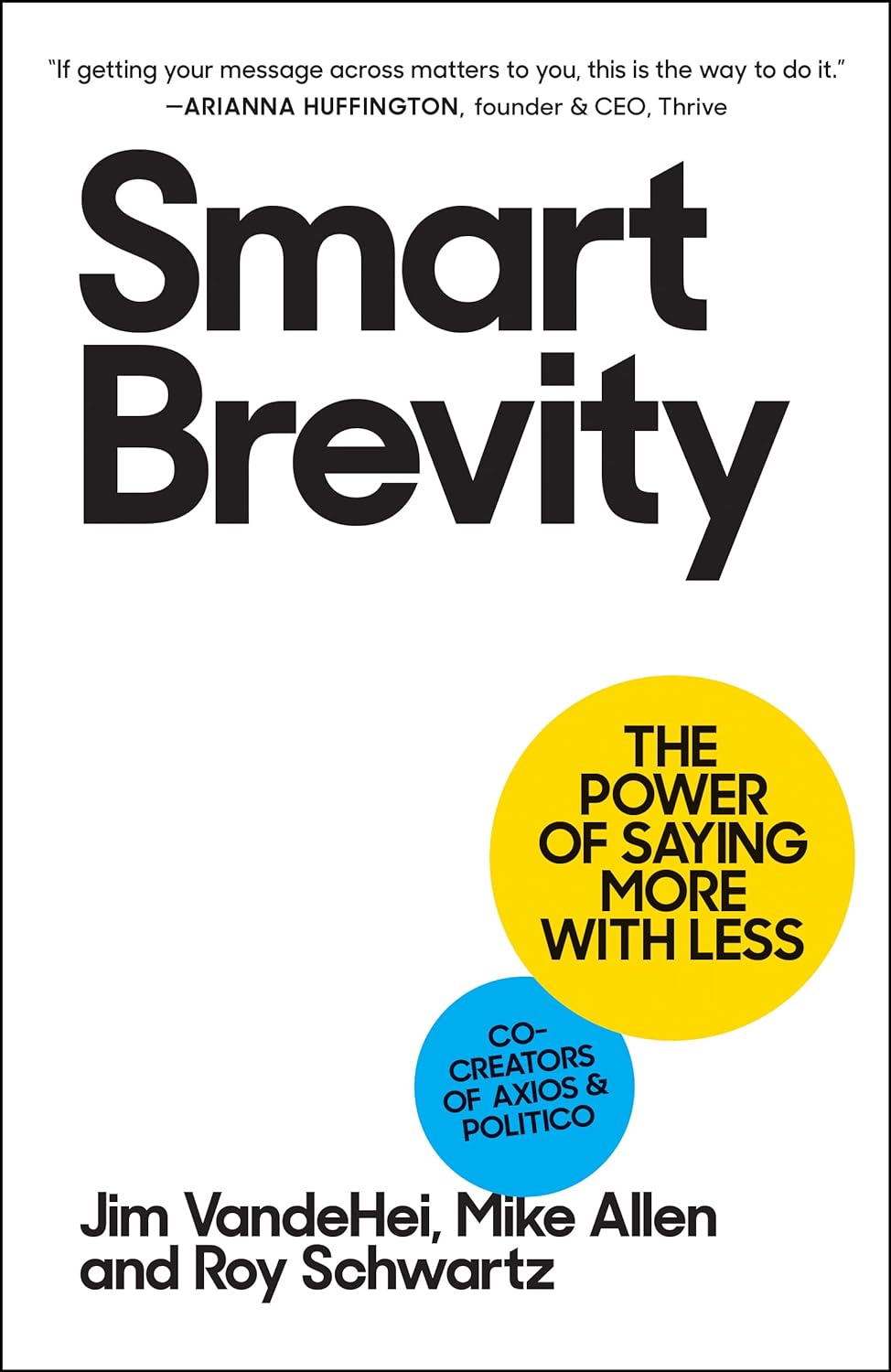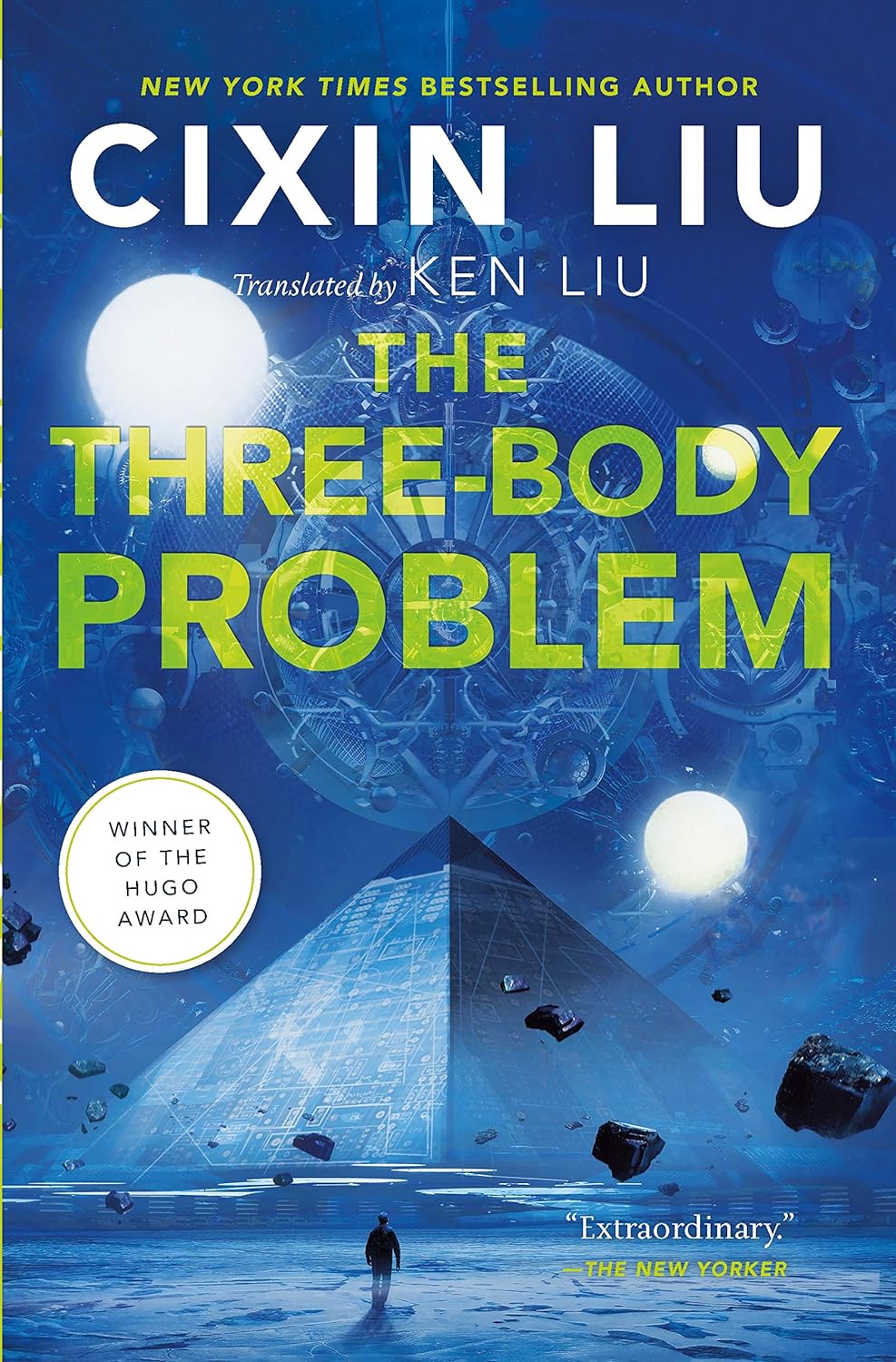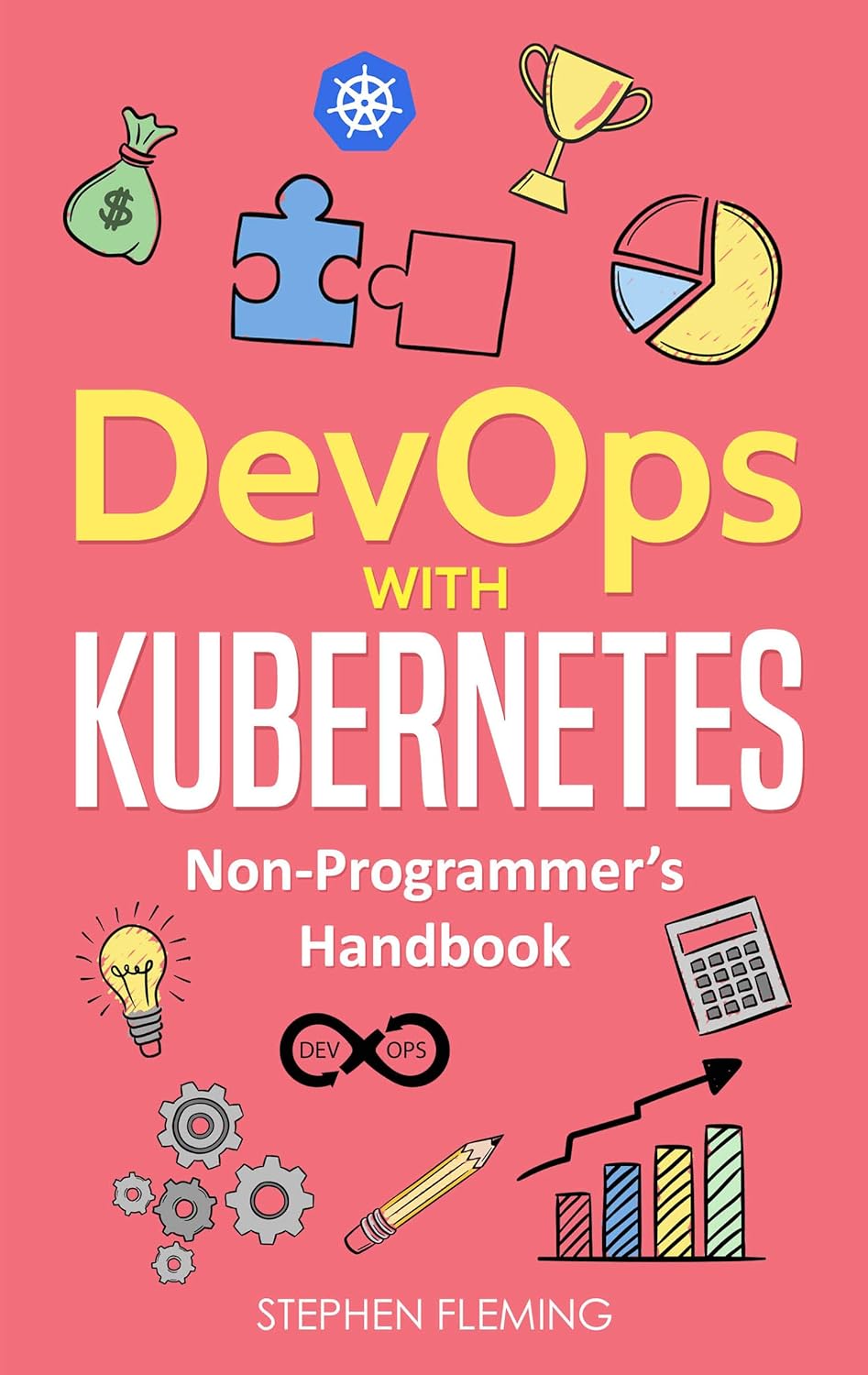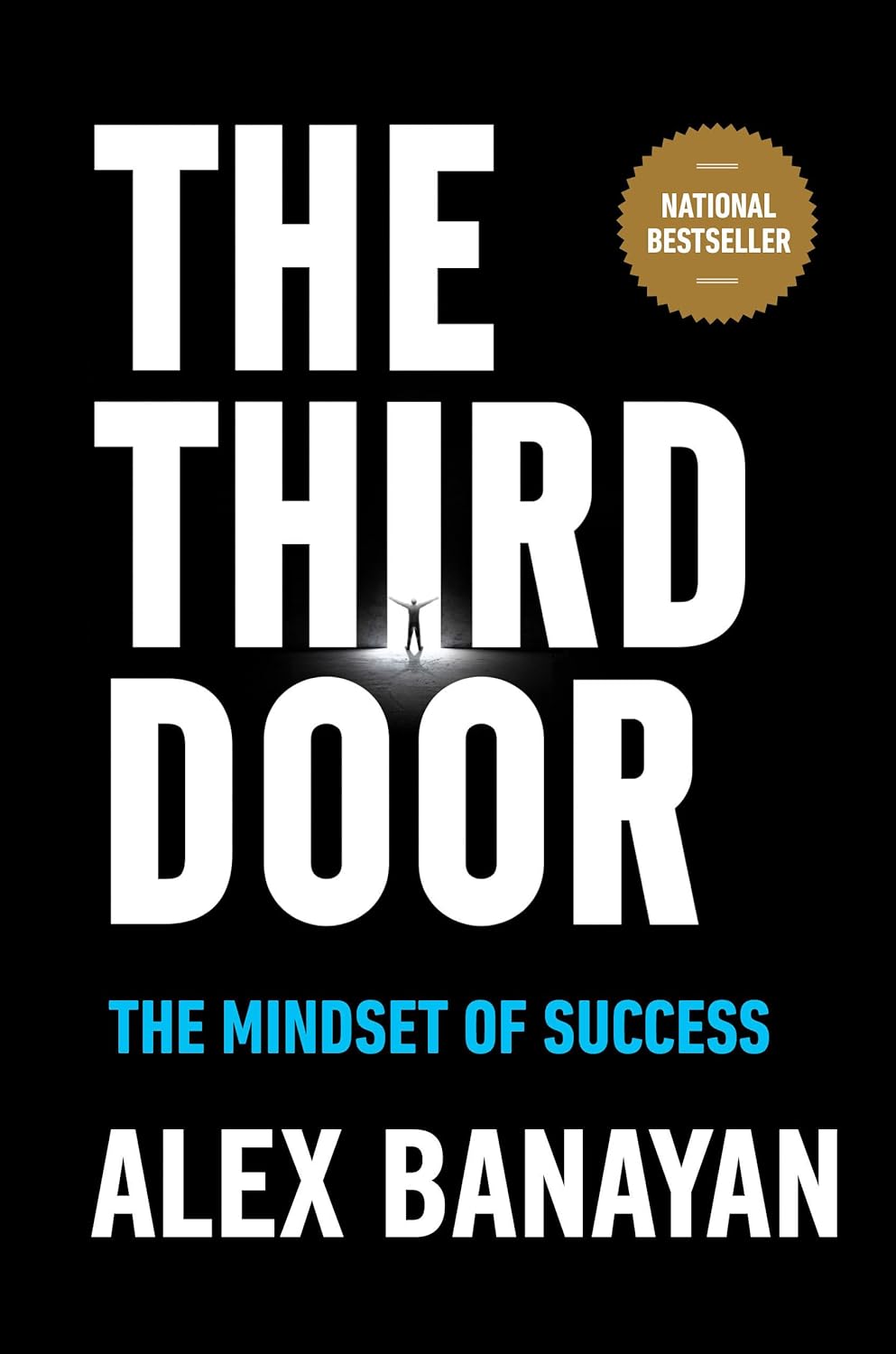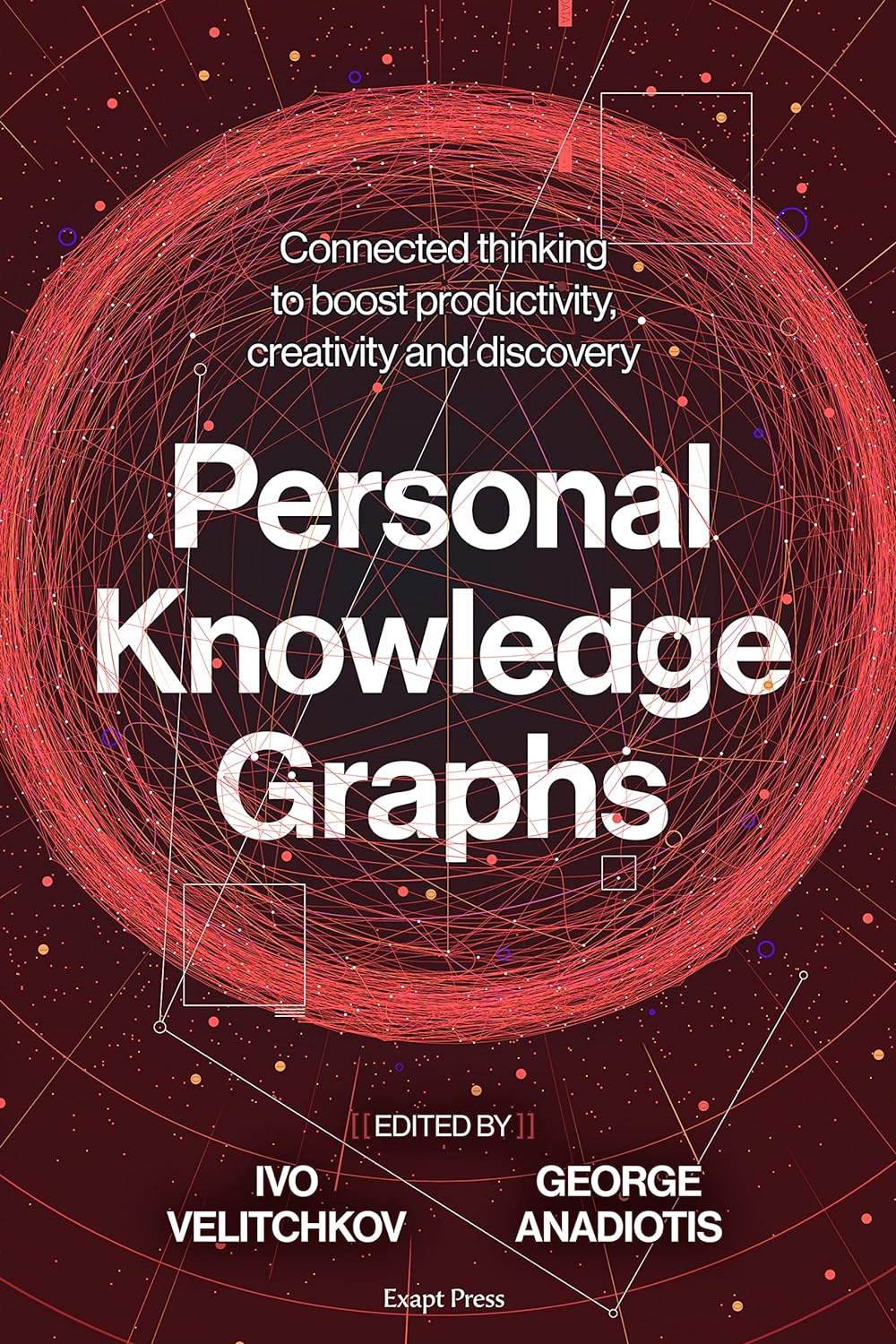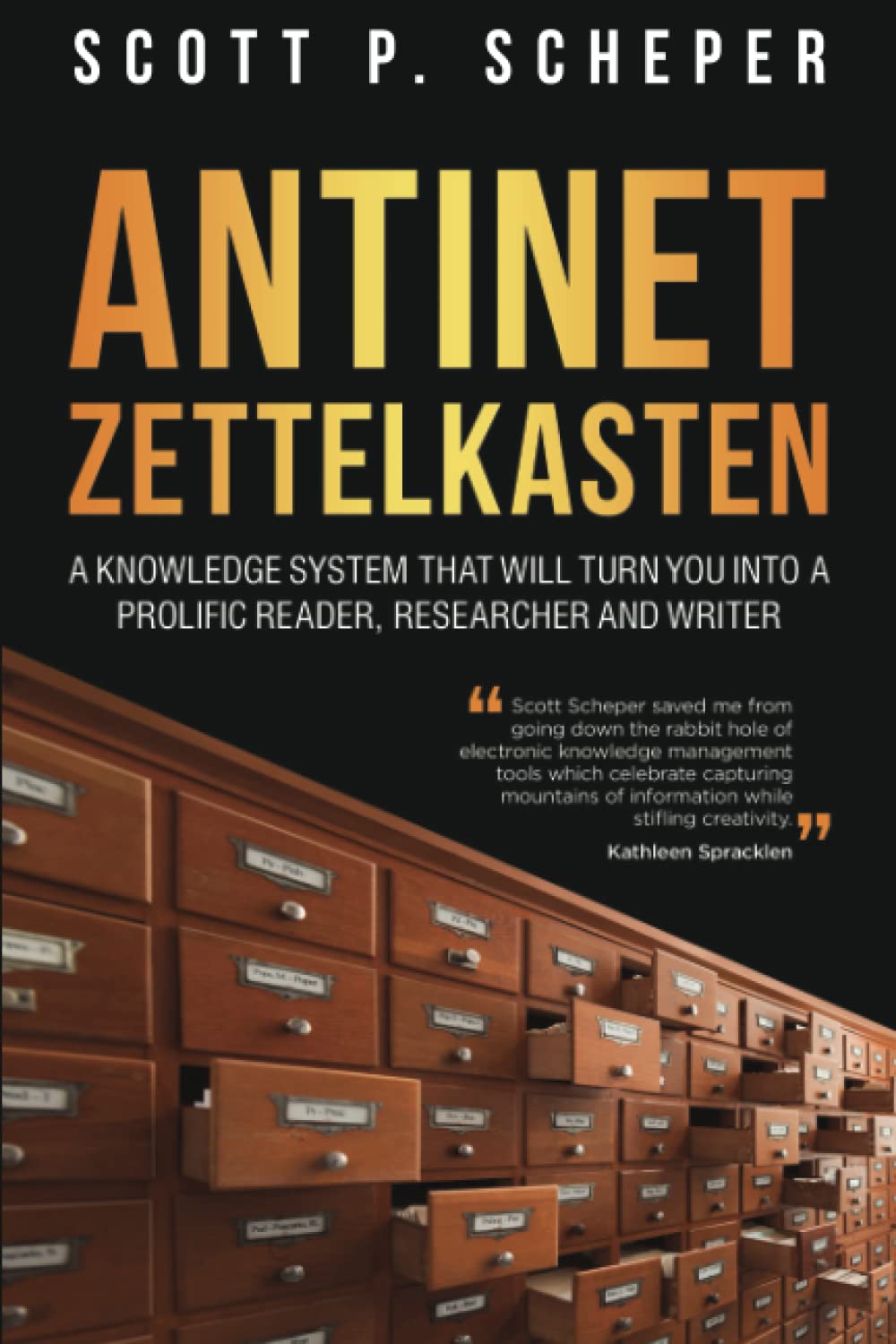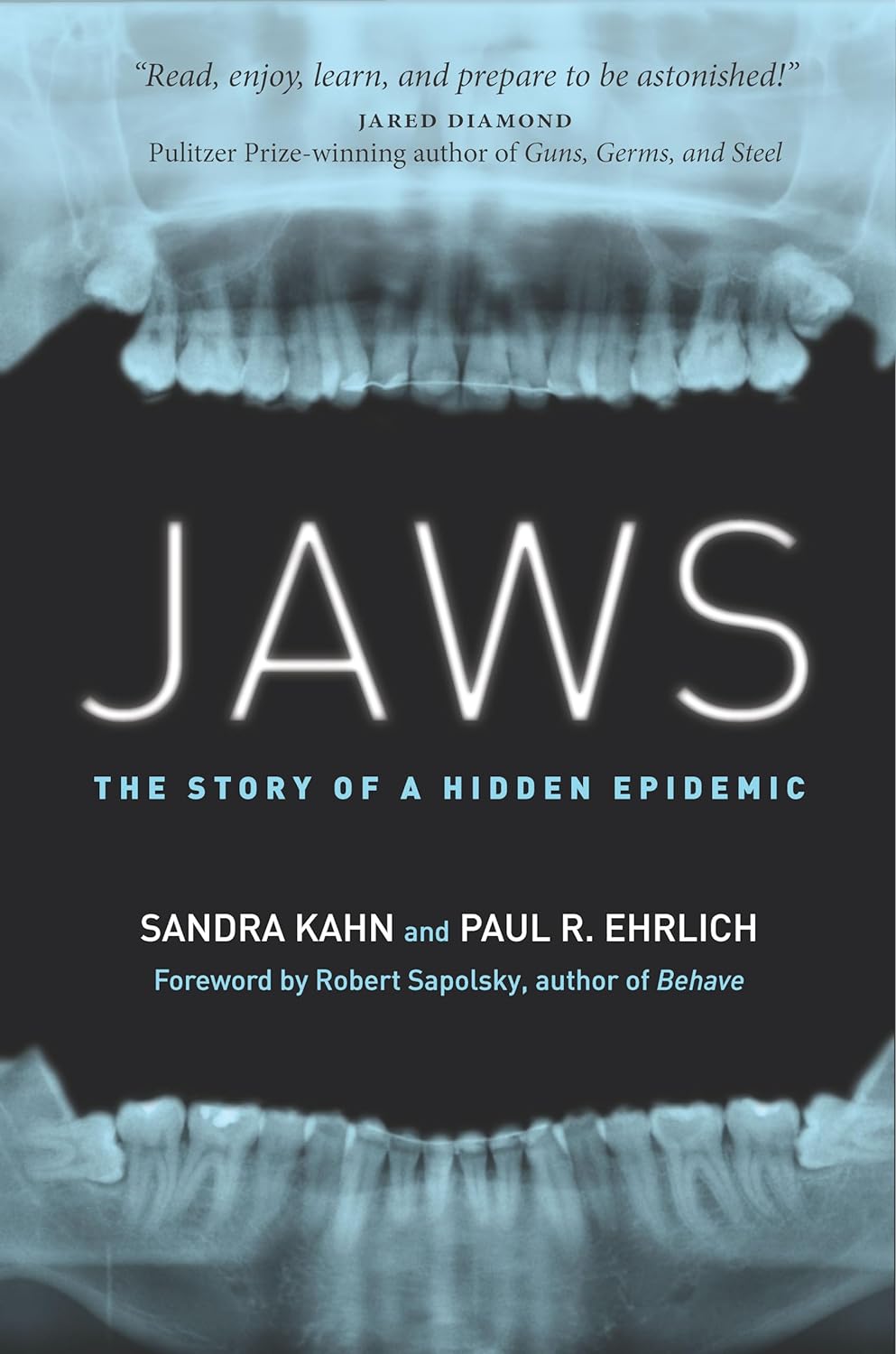Rating: Don’t Read
Smart Brevity – Jim VandeHei, Mike Allen, Roy Schwartz
by
Curtis McHale
Smart Brevity is here to teach you how to cater your communication to the over-stimulated worker, and community, of today. There are 4 Core ideas for the writing system presented. The authors really like their bullet points and figure that’s the correct way to do your communication. Their strongest point is that you probably write…
The Three-Body Problem – Cixin Liu
by
Curtis McHale
Sure it’s an interesting idea, but I’m not sure if it’s the translation or the original writing…I just didn’t like it. The most interesting thing was the protein folding idea for turning things into a super-computer and how it related to the countdown seen in images and retina, but those few pages weren’t enough for…
DevOps with Kubernetes – Stephen Fleming
by
Curtis McHale
This is a very high-level overview of what DevOps is in the first section and then how Kubernetes works in the second section. While I hoped to glean something from this, it should have been a blog post. At least if it was a blog post the numerous spelling mistakes and grammar issues could have…
Changer – Matt Gemmell
by
Curtis McHale
While I’ve enjoyed Matt’s writing online on his site, and even a bunch of his short stories, this book didn’t do it for me. In fact, I couldn’t even bring myself to finish the book. I made it about 15% in and then the dialogue was so cliche and the scenarios involved so unbelievable that…
The Third Door
by
Curtis McHale
The author supposes that there is a third door you should be taking to success after the main door, and the secondary door fail. Ultimately, this is advice for rich kids that can take as many attempts at success at it takes because they always have money or family support to fall back on. I…
Personal Knowledge Graphs
by
Curtis McHale
This is a fairly academic look at taking notes and what a personal knowledge graph is. The format of the book is a series of essays, that at times are helpful, but also spend entire chapters on defunct operating systems like Haiku. Yes Haiku runs still, but you’re never going to use it so telling…
Learn to Love Reading
by
Curtis McHale
When I heard about Alex Wieckowski I thought I had a kindred spirit in a reader, but after reading his book and following his newsletter it’s mostly fluff. This is nothing more than a bunch of quotes about reading, some of them from very questionable people, who were questionable long before Alex included them, like…
Antinet Zettelkasten
by
Curtis McHale
While there are some points I agree with the author on, overall Scott is reaching hard to create branded content that he can sell you in his newsletter. He spends so much time talking down on anyone that would use a digital note system that he eclipses any good ideas he has about how to…
Creating Innovators
by
Curtis McHale
I think the best summary of this book comes from the title of the blog post I wrote about it: “The Rich Person’s Guide to Creating an Innovative Child“. Wagner highlights how a bunch of families that could afford second homes and private schooling, or the time to homeschool, raised children that created what Wagner…
Jaws – The Story of a Hidden Epidemic
by
Curtis McHale
Jaws explores the idea that our jaw is becoming undersized and it’s a hidden thing that no one but the author sees. The “establishment” won’t recognize the problem, but keeps treating the symptom only. The first hint that this book might not be as good as the author thinks is that it’s co-author is Paul…

